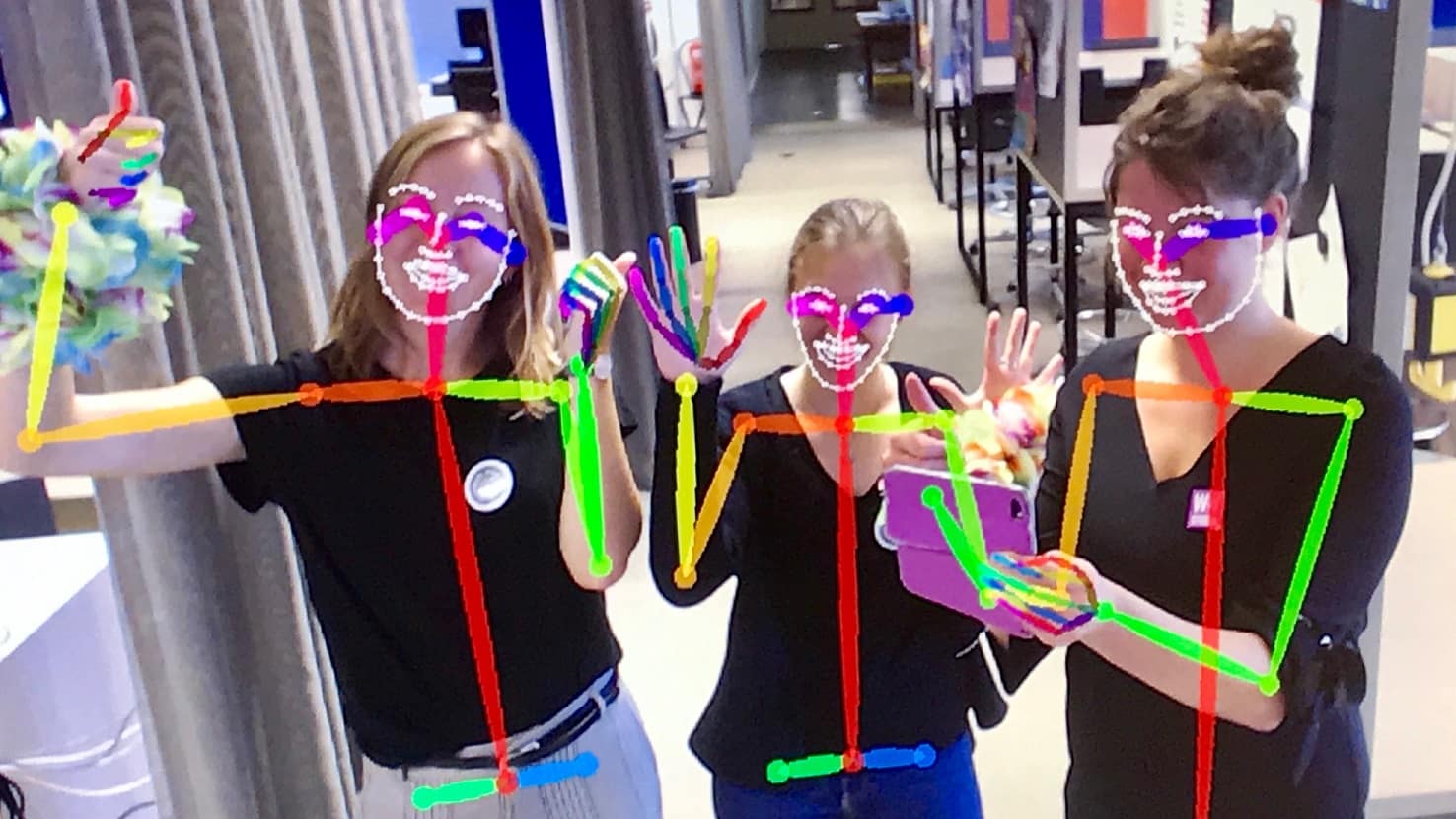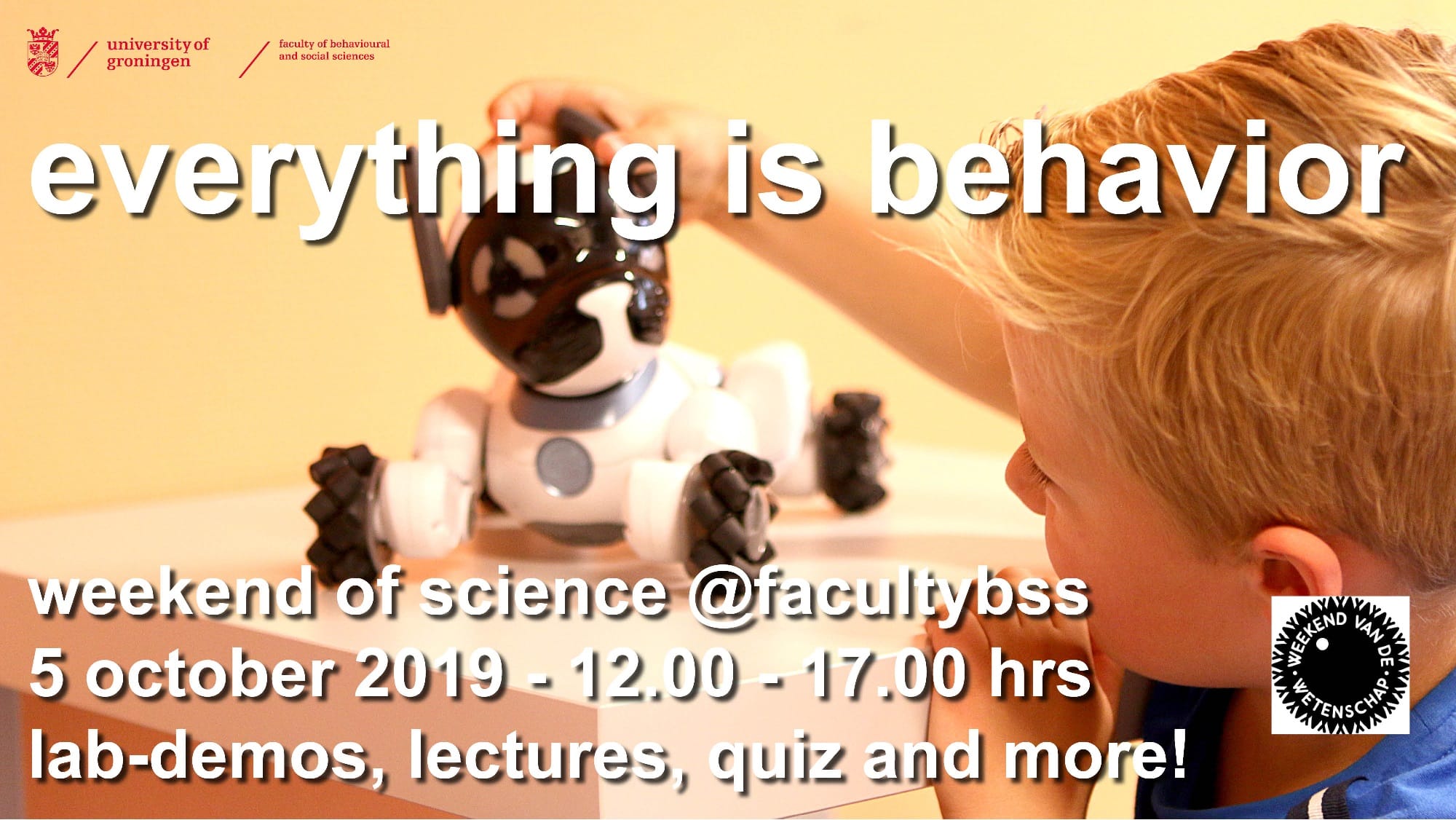How can we show others, non-scientists, what it is that we (scientists) do and love? In this blog post, Lisette de Jonge-Hoekstra shares how she demonstrated her research at the Weekend of Science. The format she used benefits both scientists and the public.
I recently learned that I was named the Teacher of the Year in Psychology, which prompted me to reflect on a challenging yet rewarding teaching experience from last year. I learned a lot though that experience and thought it helpful to share some of these lessons with the readers of Mindwise.
Don van Ravenzwaaij, Casper Albers, Maarten Derksen and Rink Hoekstra discuss how statistical misreporting can be propagated by experts. (Part 2 of our series on citation practices in psychology.)
The 2019 Nobel Prize in Chemistry has been awarded to the inventors of the lithium-ion battery. This innovation has the potential to revolutionize our energy-hungry society and to help us break free from our carbon addiction. But will it? Isn’t our obsession with innovation the disease, rather than the cure?
Very few visitors of the University Museum in Groningen know that the three skulls exhibited there once belonged to Dutch gang members, and what they can tell us about the history and development of psychology and neuroscience.
“So, what do you actually do in your PhD?” Casual questions like this can be surprisingly hard to answer for PhD students. This is because we are trained to write for scientific journals and give conference talks, not to explain our ideas at family reunions or over drinks and loud music. But they are good […]
Martijn van Zomeren doesn’t hate hope. But he certainly thinks hope is overrated. Recent research found that when people were more hopeful about solving climate change, they were not more motivated to do anything about it. Hoping may thus make us feel better, while doom is coming to the world.
I decided to write this blog about writing and citing after stumbling upon a phantom article – a cited article on how to write that does not actually exist, but nonetheless has been cited hundreds of times.
On October 5th 2019, the Faculty opens her doors to showcase her ongoing research, during the national Weekend of Science. Everyone’s invited: neighbors, employees, students, family, friends, etcetera. The title of this year’s edition is “Everything is behavior” (“Alles is Gedrag”).
At the Department of Psychology of the University of Groningen, two enthusiastic scholars (Marieke Pijnenborg and Lisette van der Meer) focus their research on cognition of patients with psychosis. Both are not only academically very active, but also successful in combining their appointment as a scientist at the University of Groningen with an appointment in the clinical field. Reason enough for Mindwise to invite these two scholars for an interview to learn from their experiences and ideas.









